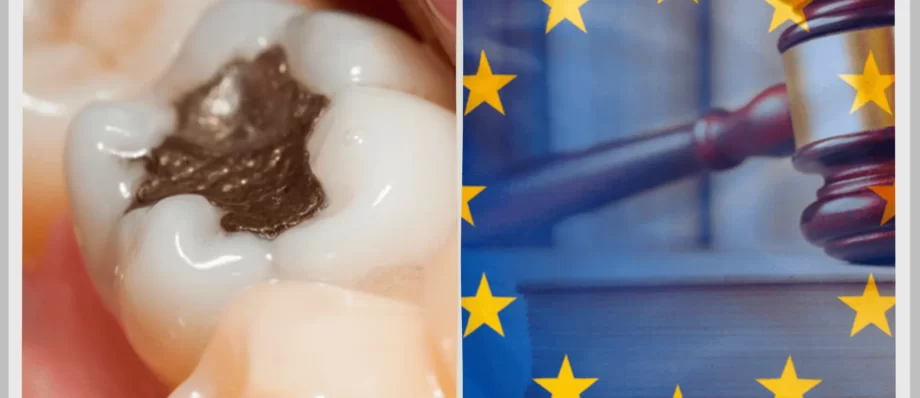The European Parliament’s recent decision to enforce a ban on dental amalgam starting January 1, 2025, has reverberations that will significantly impact the struggling dental services in the UK. Despite being a staple material in dentistry, especially for NHS permanent fillings, amalgam is now facing a total phase-out in the European Union (EU), five years earlier than initially anticipated.
On July 14, the European Commission approved a proposal to amend the Mercury Regulation, aiming for a complete cessation of dental amalgam use and prohibiting its manufacture and export from the EU by 2025. This move will affect all four UK nations, with Northern Ireland, already grappling with oral health inequality, expected to bear a disproportionate burden due to its high proportion of filled teeth.
Post-Brexit, Northern Ireland is obliged to align its policies with EU member states, resulting in potential disruption and increased costs for the rest of the UK due to supply chain impacts. The British Dental Association (BDA) has called for clarity in an open letter to the UK Chief Dental Officers, emphasizing the lack of alternative materials matching amalgam’s speed and longevity.
The BDA urges collaboration among Chief Dental Officers, the dental profession, and the industry to address the EU regulation’s direct application to Northern Ireland, focus on prevention to minimize the need for dental restorations, secure a continuous supply of amalgam, and ensure no financial burden on dentists using alternative materials.
Member States are encouraged to provide appropriate reimbursement for mercury-free alternatives, mitigating the socio-economic impact. However, the source of additional funding required and the workforce to accommodate the surge in clinical hours remains unclear.
Amidst an already precarious state of NHS dentistry, the BDA warns that without prompt action, this ban on amalgam will exacerbate existing challenges, potentially leading to a decline in service. While supporting a gradual reduction in dental amalgam use, the BDA deems the accelerated phase-out impractical and unjustifiable, citing its long-established safety and durability in various clinical situations.
BDA Chair Eddie Crouch expresses concern over the lack of urgency from UK Governments, emphasizing the potential financial implications and uncertainties for dental practices. The fate of NHS dentistry hangs in the balance, and the BDA calls for decisive action to prevent further deterioration of services. As numerous questions linger, the BDA commits to providing FAQs for its members as answers are sought.
Source: BDA


Lilly Carroll
24 January 2024I do trust all the ideas youve presented in your post They are really convincing and will definitely work Nonetheless the posts are too short for newbies May just you please lengthen them a bit from next time Thank you for the post
Elmira Kiehn
24 January 2024I have been browsing online more than three hours today yet I never found any interesting article like yours It is pretty worth enough for me In my view if all website owners and bloggers made good content as you did the internet will be a lot more useful than ever before